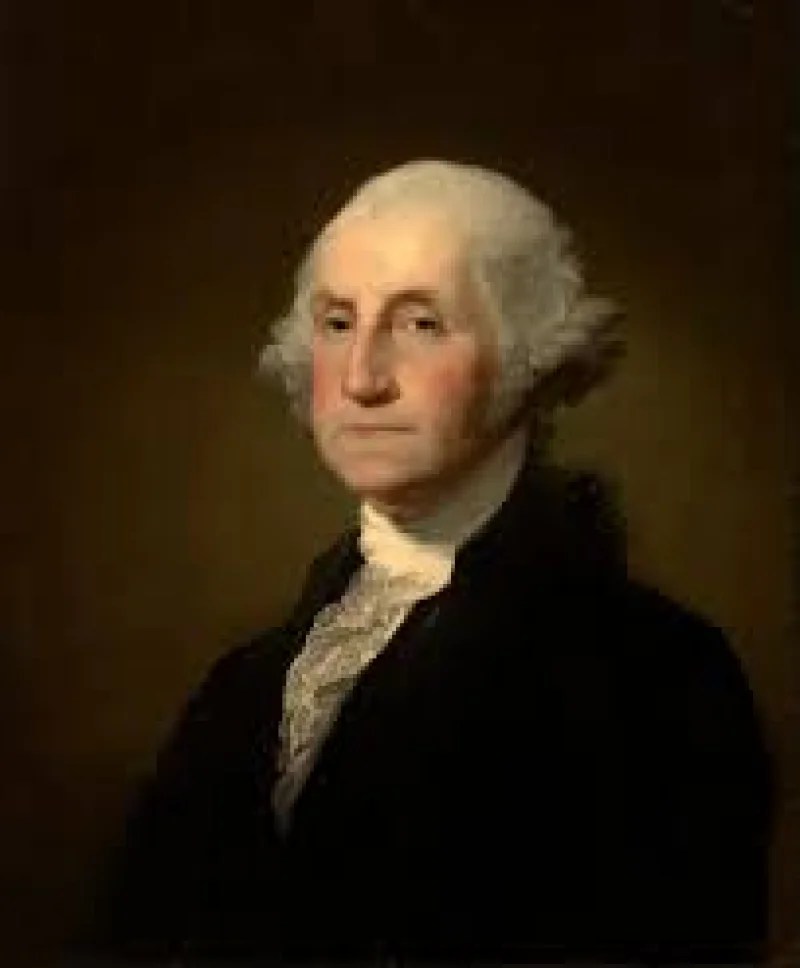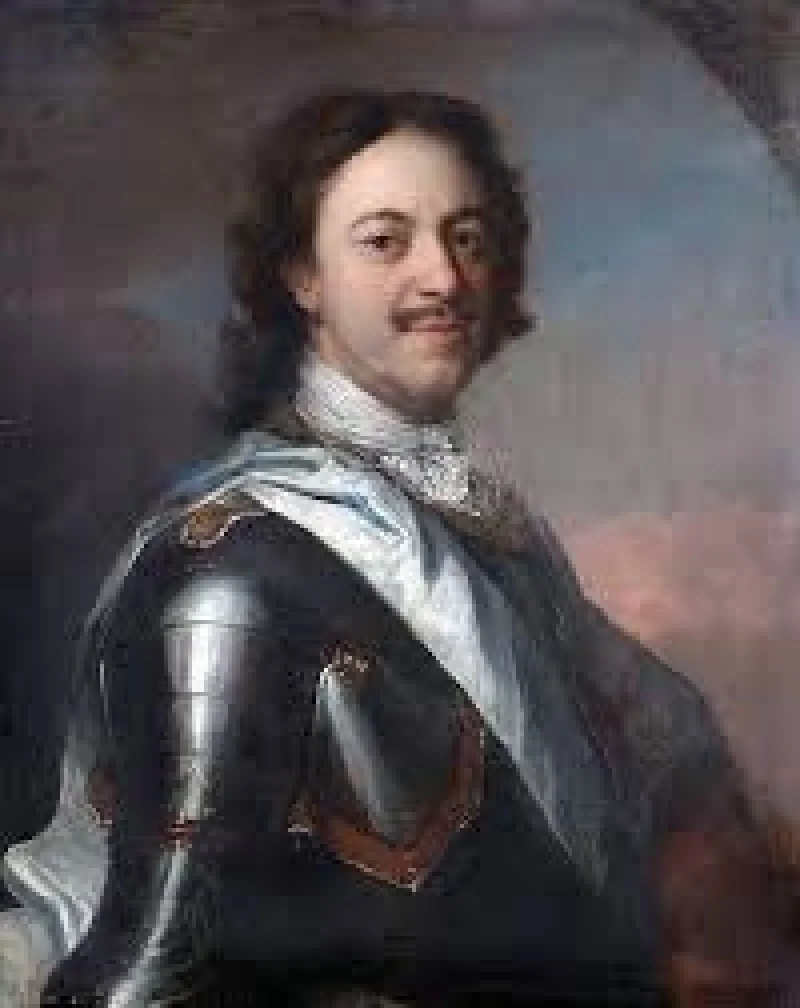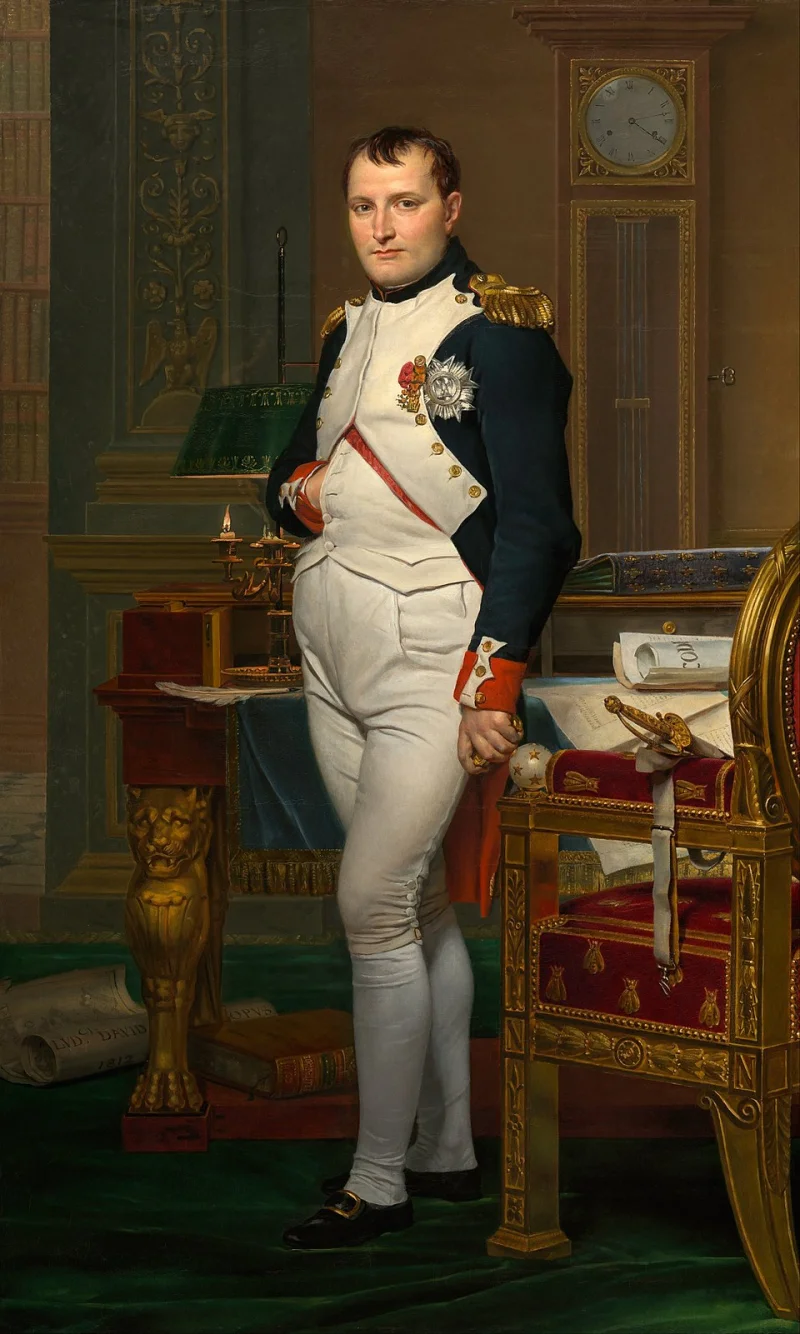Short Summary
George Washington was the first President of the United States, serving from 1789 to 1797. He is renowned for his leadership during the American Revolutionary War and his role in drafting the United States Constitution. Washington is often referred to as the "Father of His Country" for his pivotal contributions to the founding of the nation. His exemplary leadership and commitment to the principles of liberty and democracy have cemented his place as a key figure in American history.
Early Life & Education
George Washington was born on February 22, 1732, in Westmoreland County, Virginia, to Augustine and Mary Ball Washington. He grew up in the Virginia countryside, where he developed a love of farming and surveying. Washington received a basic education in his youth, primarily through private tutors. His father died when he was just 11 years old, which led him to assume additional responsibilities at a young age. The influence of his half-brother, Lawrence, inspired him to pursue a military career. Washington's early experiences in the Virginia wilderness honed his leadership skills and resilience, which later proved invaluable.
Career Highlights
Washington began his military career in the Virginia militia, where he gained valuable experience during the French and Indian War. In 1775, he was appointed Commander-in-Chief of the Continental Army, leading American forces to victory over the British. Following the war, he played a crucial role in the Constitutional Convention of 1787, where he was unanimously elected as the convention's president. Washington's leadership and vision were vital in shaping the newly formed United States. He was elected as the nation's first president in 1789 and served two terms, establishing many protocols and traditions for the office.
Major Achievements
- Commander-in-Chief of the Continental Army: Led American forces to victory in the Revolutionary War.
- First President of the United States: Set important precedents for the executive office.
- Presided over the Constitutional Convention: Helped draft the U.S. Constitution.
- Established the Cabinet System: Created an advisory body that remains to this day.
- Promoted Neutrality: Advocated for non-involvement in foreign conflicts.
Famous Quotes
- "It is better to offer no excuse than a bad one."
- "Associate with men of good quality if you esteem your own reputation."
- "To be prepared for war is one of the most effective means of preserving peace."
Interesting Facts
- Washington was unanimously elected president by the Electoral College.
- He refused a third term, setting a precedent for future presidents.
- Washington owned one of the largest whiskey distilleries in America after his presidency.
- He never lived in the White House, as it was not completed during his presidency.
- Washington was a devoted farmer and innovator in agricultural practices.
Legacy / Influence
Washington's legacy as a leader of integrity and vision continues to influence American culture and politics. His commitment to democratic principles and the peaceful transfer of power set enduring standards for the presidency. Washington's image is prominently featured on U.S. currency, and his life and achievements are celebrated annually on Presidents' Day. His Mount Vernon estate remains a popular historical site, attracting visitors from around the world.
FAQ
Q: Why is George Washington famous?
A: He is famous for being the first President of the United States and a key leader during the American Revolutionary War.
Q: What was George Washington's role in the Revolutionary War?
A: He served as the Commander-in-Chief of the Continental Army, leading American forces to victory against the British.
Q: Did George Washington have children?
A: No, he did not have biological children, but he adopted Martha Custis Washington's two children from her previous marriage.
Q: What precedent did Washington set by refusing a third term?
A: He established the tradition of a two-term limit for U.S. presidents, which was later codified in the 22nd Amendment.











